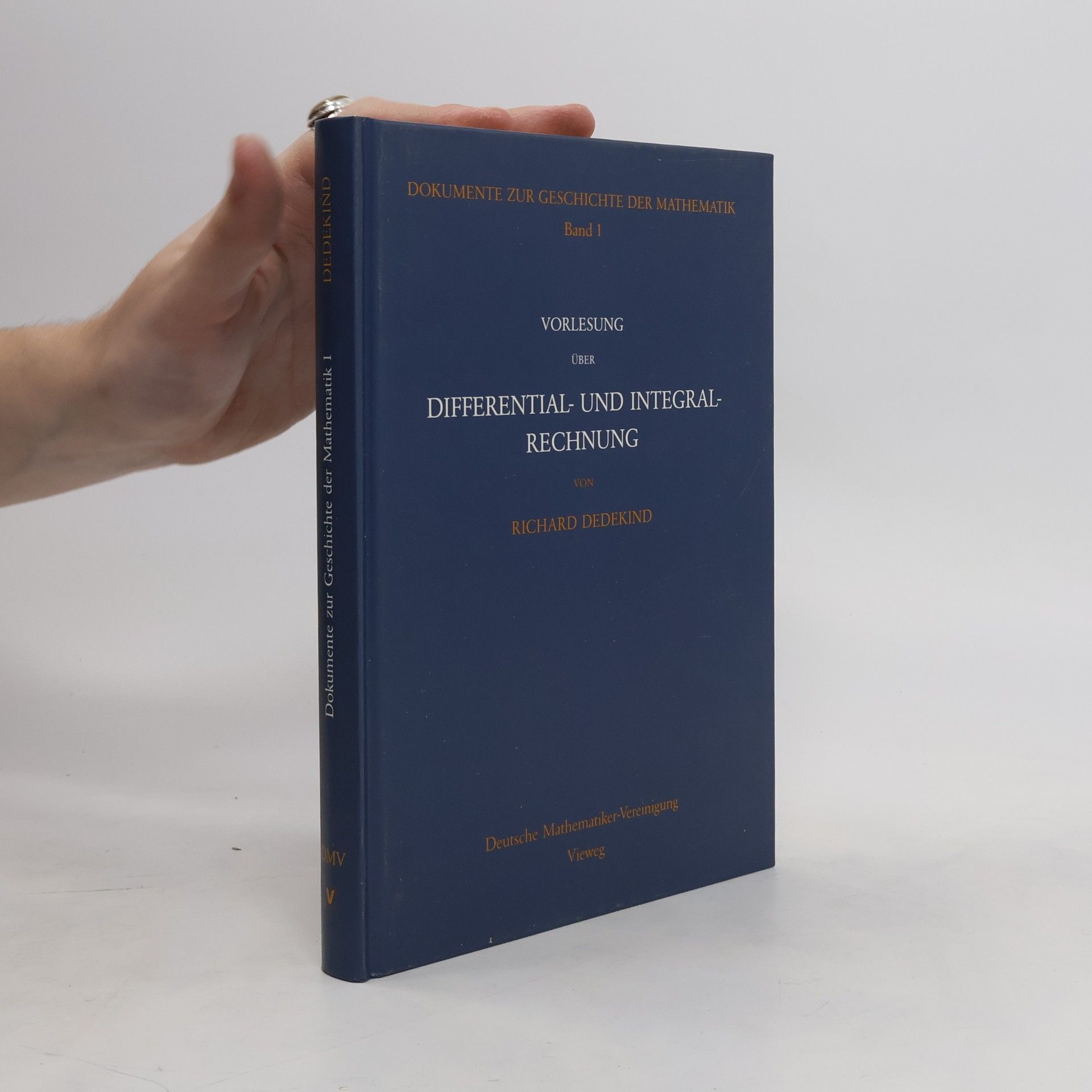¿Qué son y para qué sirven los números?
- 216 páginas
- 8 horas de lectura
Al contestar una de las preguntas más elementales que se pueden ¿QUÉ SON Y PARA QUÉ SIRVEN LOS NÚMEROS?, Julius Wilhelm, RICHARD DEDEKIND (1831-1916), trata de responder al viejo problema de fundamentar la matemática. Algebrista de primer orden y precursor de los enfoques estructurales de nuestro siglo, el autor delinea simultáneamente el marco general de su concepción de toda la matemática la aritmética, el álgebra, el análisis encuentran un fundamento común en la teoría de conjuntos y aplicaciones. La presente edición de este clásico publicado por primera vez en 1888, incluye otros trabajos suyos como "Continuidad y números irracionales", "Fragmentos sobre aritmética y teoría de conjuntos". Asimismo, presenta una selección de su correspondencia con Lipschitz, Weber y Keferstein, y un completo estudio introductorio de José Ferreirós.



